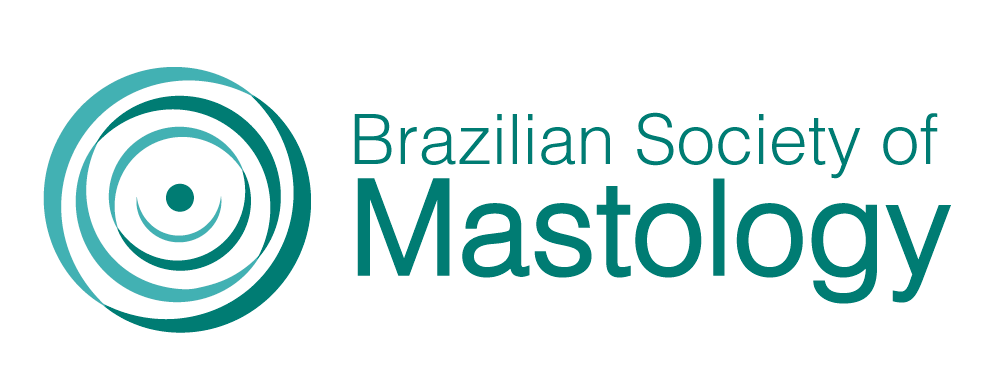ONLINE GROUP THERAPY WITH WOMEN DIAGNOSED WITH BREAST CANCER
A LOOK FROM PSYCHOLOGY PROFESSIONALS
Palavras-chave:
Breast Neoplasms, Pandemics, COVID-19, Self-Help GroupsResumo
Facing the pandemic of COVID-19 and the measures of social distancing, in order to reduce the spread of the new coronavirus (SARS-CoV-19), health services are using the technological resources to ensure the continuity of care in remote mode. In this context, the therapy group for women diagnosed with breast cancer has been adapted to the online videoconference. Objective: The aim of this study was to reflect on the professional psychological practice during the coronavirus disease 2019 (COVID-19) pandemic in an online group care with women with breast cancer. Methodology: This is a case report that joins the experiences of psychology professionals as group coordinators and internship supervisors, with reflections about a modality of telecare carried out by a health team, in the format of an online videoconference group. The experiences of the psychology team were understood in light of Martin Heidegger’s existential analytics. Results: Coordinating a support group in the online modality proved challenging for psychology professionals. This model took some time to be adapted in order to make the professionals comfortable in making their statements and for the bond with patients to be established again. During the supervisions, the lack of practical material to be discussed among the interns was noticed, something that was slowly solved with group readings regarding the clinical practice and group dynamics, and later, with the return of the online group. Conclusion: Facing the pandemic threat has opened a new possibility of being-in-the-world with technological mediations of communication among people, which finds an alternative way of being-with-others in the group participation. Psychology care is characterized by offering qualified listening, directed to the embrace of the emotional demands presented. In the experiences related to COVID-19, the questioning of the existential condition leads to an increase in anguish that marks the perception of finitude and allows the subject to assume being toward death.
Downloads
Downloads
Publicado
Como Citar
Edição
Seção
Licença
Copyright (c) 2021 Carolina de Souza, André Villela de Souza Lima Santos, Manoel Antônio dos Santos

Este trabalho está licenciado sob uma licença Creative Commons Attribution 4.0 International License.







